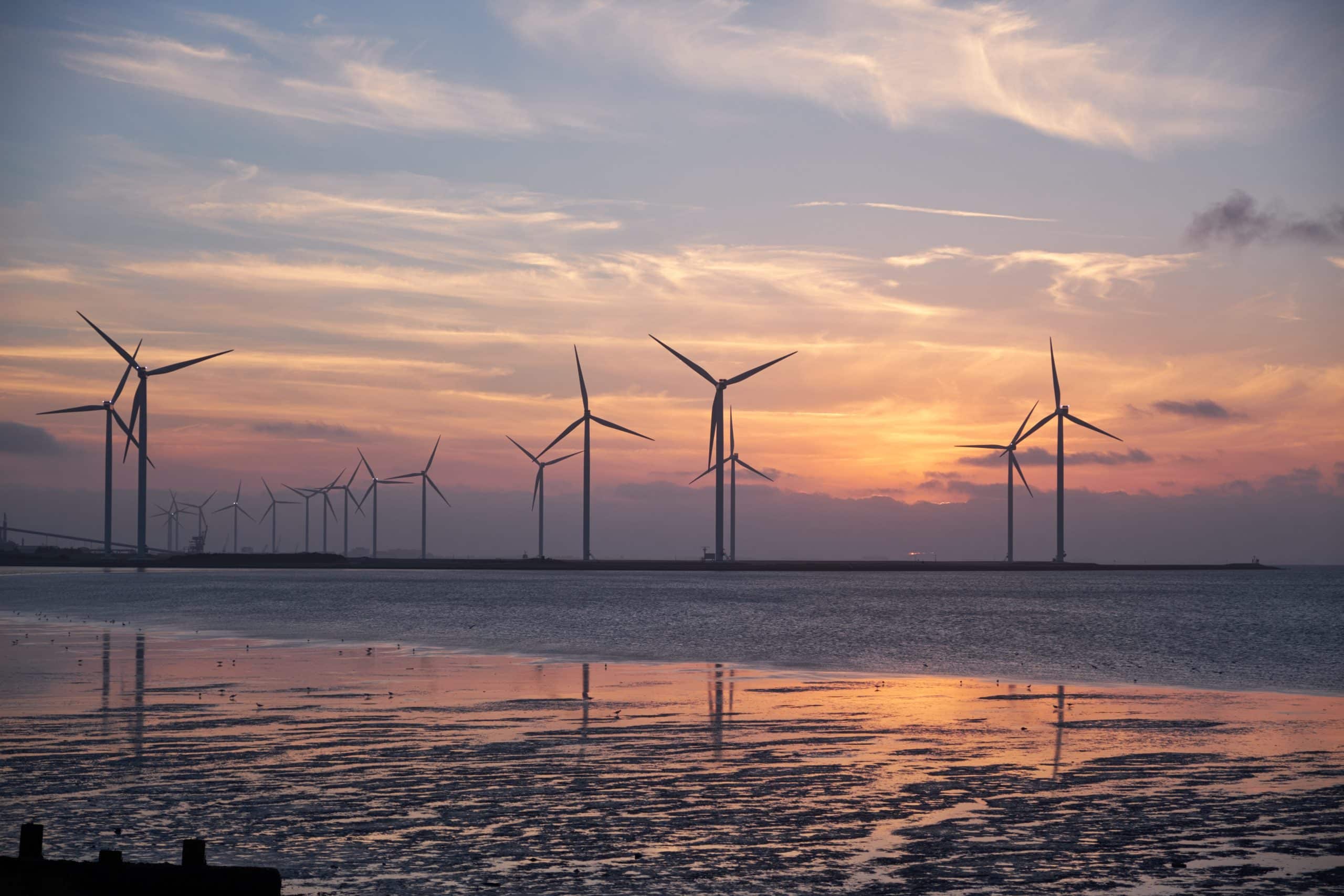Lumenstream is committed to helping the world say yes to a sustainable future. That’s why, biweekly, we like to share the positive steps other businesses and countries are taking to have less of a footprint on the planet.
We think that’s news worth spreading.
Luckily, a lot of people are fighting the good fight so there’s never a lack of stories to cover.
This week we look at birds and turbines, and community-based solutions for net-zero deadlines.
Offshore Wind Not a Worry for Birds
It’ so important in our efforts to clean up the UK’s energy system that we do not replace what exists with something that is going to be harmful in another way. That is why recent research from Vattenfall and the European Offshore Wind Deployment Centre (EOWC) has been so welcome.
The €3m research project sought to find out what effect the wind turbines might have on sea birds. They used radar and AI technology at Vattenfall’s Aberdeen site.
The technology worked in tandem to first track the flying birds using radar. Activating cameras when they were close, this produced 3D flight tracks and video footage. Researchers wanted to identify what species of birds were coming close to the turbines and if they changed their flight path. Most importantly, they wanted to discover if any collisions occured.
Thankfully, in the over 10,000 videos watched no collisions or close calls were recorded.
Research like this is so important for the development of offshore wind farms. Planning authorities site unknown impact on wildlife as the main cause for delays in approval. Now, there is evidence of the true risk to our sea birds.
Robin Cox, environmental specialist at Vattenfall, said,
“We need to reduce emissions and build clean energy infrastructure in ways which protect and conserve wildlife. This is ground-breaking research that will significantly change our understanding of how seabirds behave around offshore wind farms.
The fact that no collisions or even near misses were recorded in two years of recording, along with so much information about the reaction of individual species means we should be able to more confidently consent wind projects while protecting the UK’s internationally important seabird populations.”
And the positive does not stop there for wind power. EnBW and BP are going to be working with Offshore Renewable Energy (ORE) Catapult to explore the possibility of having zero/low emission support vessels for their wind farms.
The Community-Based Solutions Inspiring Cross-Party Group
A cross-party group of MPs and peers has been looking to community-based solutions to ensure the UK hits the net-zero deadlines of 2030, an exclusive from The Guardian reports.
Here are 3 of the recommendations inspired by projects both here and around Europe:
Localised power generation
In Gwynedd, north Wales, locals buy their electricity from a community hydroplant meaning their prices are lower than from the grid and even lower at off-peak times.
Control New Buildings
Countries in Europe have varying rules in place to protect new builds from adding to the old system. Denmark and the Netherlands, for example, have barred new developments from not just using gas but being connected to the gas grid. France has decided that all new buildings must have solar or natural roofs. The cross-party group maintains that any public sector projects should be obliged to hit the 2030 target.
Energy Efficiency in Homes
It is suggested that buy-to-let rental properties with an energy performance certificate below C should pay a 1% levy on mortgage interest. Luckily, if this applies to you, you can get a refund if you got the band in the last 3 years.
We’d like to know if The Green New Deal Group have seen what communities are taking on themselves to help save energy. Like “Potato Mondays” in Walthamstow where the signed up members take it in turns to bake potatoes in their ovens. A simple idea that means heating just one oven in one house instead of 5. It may save them just £40 a year each but it all adds up.
Every two weeks we choose our favourite sustainability stories and summarise them. If you’d like to read more like this, follow us on LinkedIn and ring the bell to get notifications.

